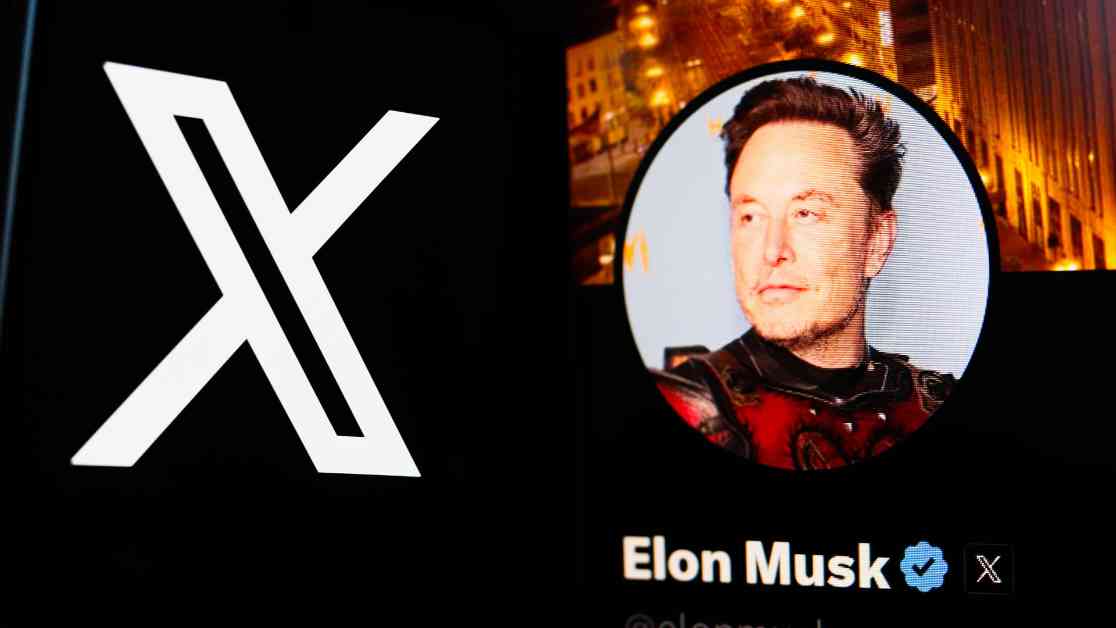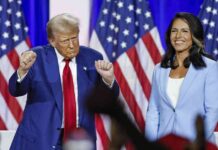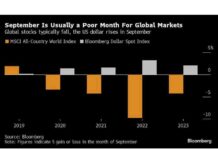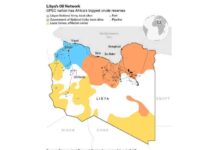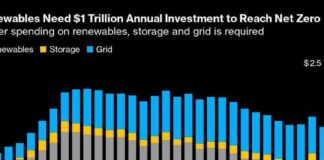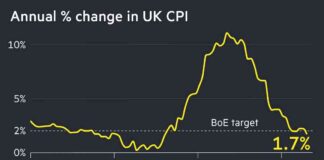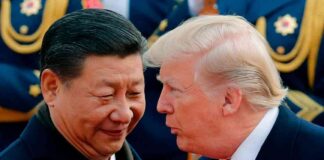On Friday, Brazil’s Supreme Court made a significant decision to halt Elon Musk’s social network X operations across the country. This move came after X refused to comply with court orders related to content moderation and the appointment of a legal representative in Brazil. Alexandre de Moraes, the court’s top judge, also imposed daily fines on individuals or businesses in Brazil using virtual private networks (VPNs) or other methods to access X while it is banned in the country. The court’s decision was announced through its government website in Brazil, stating that the suspension of X’s operations would remain in effect until the company complied with the court’s rulings and paid the fines.
The Supreme Court’s ruling followed an earlier ultimatum issued on Wednesday, giving Musk and X 24 hours to appoint a legal representative for their business in Brazil or face the penalty of a suspension of activities. X’s global government affairs unit responded on Thursday, indicating that the company would not comply with the court’s orders, expecting the shutdown by de Moraes to occur soon. This stance by X could have significant implications for the company’s operations, as Brazil boasts a population of over 171 million active social media users, according to research by Oosga.
Brazil, as a major non-NATO ally of the U.S., is gearing up for municipal elections in October. Social media companies operating in the country are required by law to have a representative to handle government takedown notices, particularly those related to political misinformation and incitements to violence. X does not have such a representative in Brazil and had previously announced its decision to remove all employees from the country rather than risk arrests for non-compliance with court orders.
In late 2022, Musk led the acquisition of Twitter for $44 billion and implemented significant changes to the platform, including the reinstatement of previously banned accounts. This move led to major advertisers withdrawing or reducing their ad spending on the platform. Furthermore, the World Bank ceased advertising on X following a CBS News investigation that revealed ads from the organization appearing alongside racist content on the platform.
Musk’s responses to de Moraes’ actions have been notably critical, with the SpaceX founder likening the judge to the fictional villain Voldemort and denouncing the court’s decisions as censorship. In a post on X, Musk accused the Brazilian regime of being afraid of the truth, alleging that they would bankrupt anyone who sought to reveal it. The ongoing conflict between Musk, X, and the Brazilian court system has escalated tensions and raised concerns about the future of the social network in the country.
Implications of the Suspension
The suspension of X in Brazil has raised questions about the impact on Musk’s business ventures in the country. With a significant user base and potential for growth, Brazil represents a key market for social media platforms. The decision to halt X operations could have financial repercussions for Musk’s companies, particularly as Starlink, the satellite internet service provided by SpaceX, faces financial challenges in Brazil following the court’s actions.
Starlink had advertised on X under Musk’s leadership, and the decision to freeze the company’s finances in Brazil has further strained relations between Musk and the Brazilian authorities. The implications of the suspension extend beyond financial concerns, as they also highlight the broader issues of freedom of speech, censorship, and the role of social media platforms in shaping public discourse.
Legal and Regulatory Challenges
The legal and regulatory challenges faced by X in Brazil underscore the complexities of operating a social media platform in a globalized digital landscape. The requirement for companies to have a legal representative to address government requests reflects the growing scrutiny of tech giants and their responsibilities in regulating online content. As social media platforms become influential players in shaping public opinion and political discourse, governments are increasingly seeking to hold them accountable for their role in disseminating information.
The conflict between X and the Brazilian court system highlights the challenges of balancing freedom of speech with the need to combat harmful content online. While Musk has defended X’s commitment to free expression, the court’s actions reflect a broader concern about the spread of misinformation, hate speech, and incitements to violence on social media platforms. The case also raises questions about the jurisdictional reach of national courts over global tech companies and the potential for conflicts between legal systems in different countries.
Global Ramifications
The suspension of X in Brazil has broader implications for the global tech industry and the regulation of social media platforms. As one of the world’s largest social networks, X’s operations in Brazil are closely watched by industry observers, policymakers, and advocacy groups. The decision to suspend X’s operations could set a precedent for how governments around the world address issues of content moderation, user privacy, and corporate accountability in the digital age.
The conflict between Musk and the Brazilian authorities also highlights the complex relationship between tech entrepreneurs and regulatory bodies in different countries. As tech companies expand their global footprint, they must navigate a diverse range of legal frameworks, cultural norms, and political pressures. The clash between Musk, X, and the Brazilian court system underscores the challenges of reconciling competing interests and values in the digital realm.
In conclusion, the suspension of X in Brazil reflects the growing tensions between tech companies and regulatory authorities over issues of content moderation, freedom of speech, and corporate responsibility. The conflict between Musk, X, and the Brazilian court system underscores the complexities of operating in a globalized digital landscape, where legal, ethical, and political considerations intersect. As the case unfolds, it will be crucial to monitor how it impacts the future of social media regulation and the role of tech giants in shaping public discourse worldwide.

